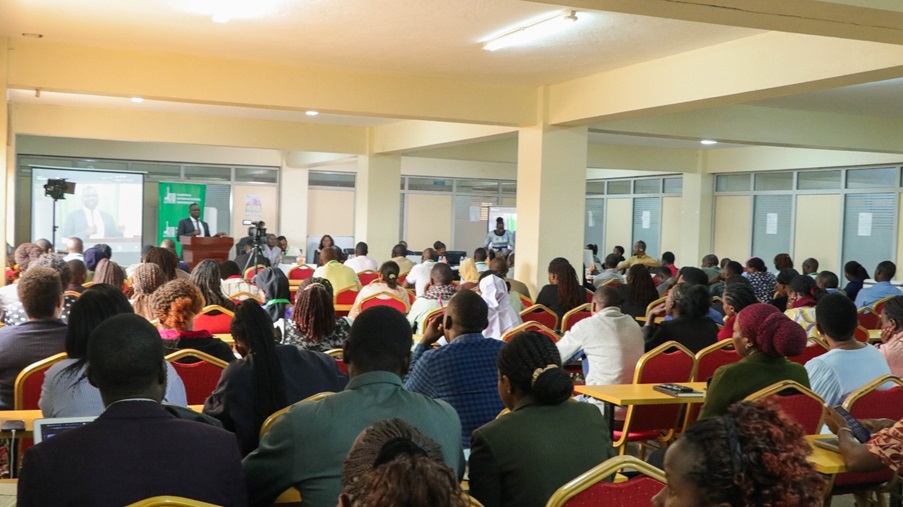KIU AND OTHER OPTIC-TB PARTNERS CONVENE IN KAMPALA TO TACKLE TUBERCULOSIS CHALLENGES
- Obinna Osigwe
- /
- Mar 28, 2025 09:24 pm
- 710
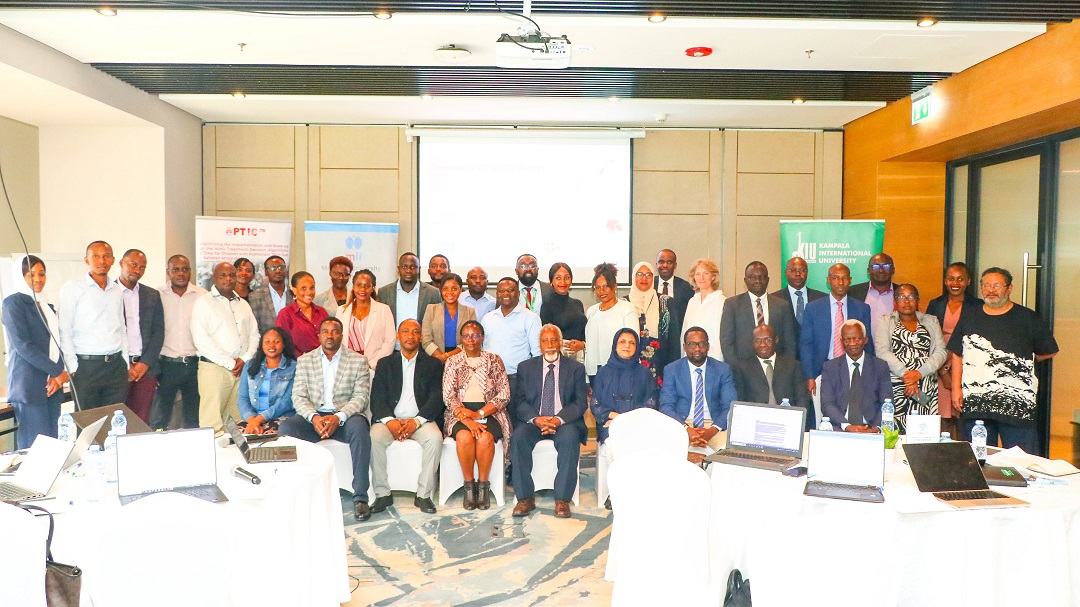
By Agnes Kiconco
KIU, Main Campus - In a concerted effort to combat the scourge of childhood tuberculosis in sub-Saharan Africa, Kampala International University (KIU) and other OPTIC-TB Project Partners recently convened at a pivotal two-day annual general meeting from Wednesday, March 26th to Thursday, March 27th, 2025, at the Four Points Hotel in Kampala, Uganda.
The gathering brought together esteemed partners from the University of Bergen (UiB) Norway; National Institute for Medical Research (NIMR), Muhimbili and Tanga Centre, Dares-Salaam, Tanzania; Makerere University Lung Institute, Uganda; Catholic University of Bukavu, Democratic Republic of the Congo and Kampala International University in Tanzania.
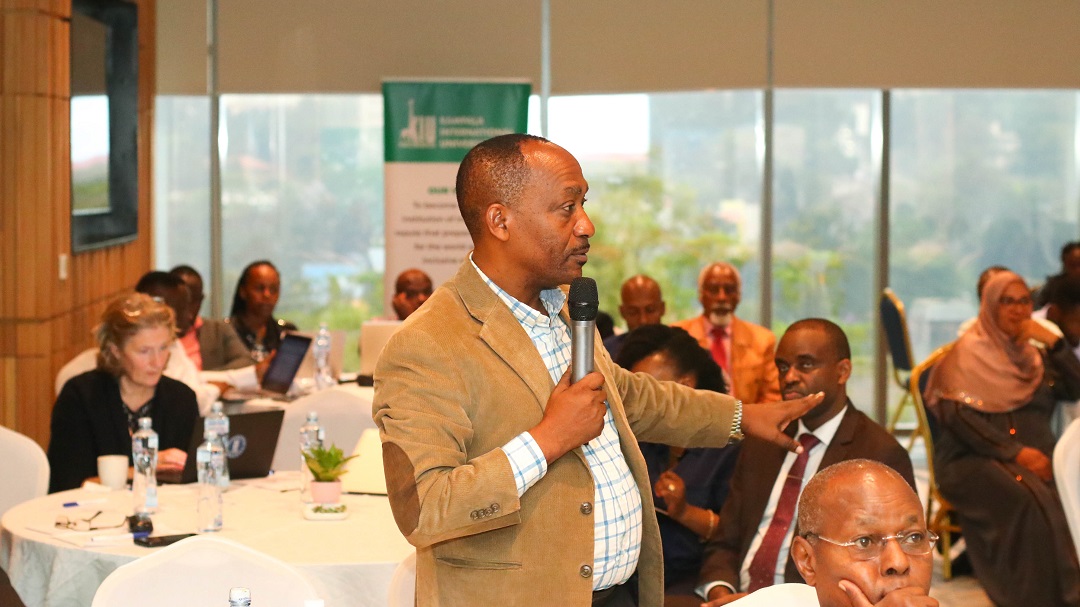
The meeting marked a significant milestone, celebrating one year of progress since the inception of the OPTIC-TB project in 2024. This ambitious initiative, funded by the European Union to the tune of €4 million, seeks to optimize childhood TB treatment decision algorithms in sub-Saharan Africa.
The stark reality of childhood TB in the region cannot be overstated. According to World Health Organization (WHO) statistics, approximately 1.1 million children are diagnosed with TB worldwide each year, resulting in over 200,000 deaths annually. A staggering 68% of children under five with TB remain undiagnosed and untreated, highlighting the urgent need for improved detection and treatment initiation rates.
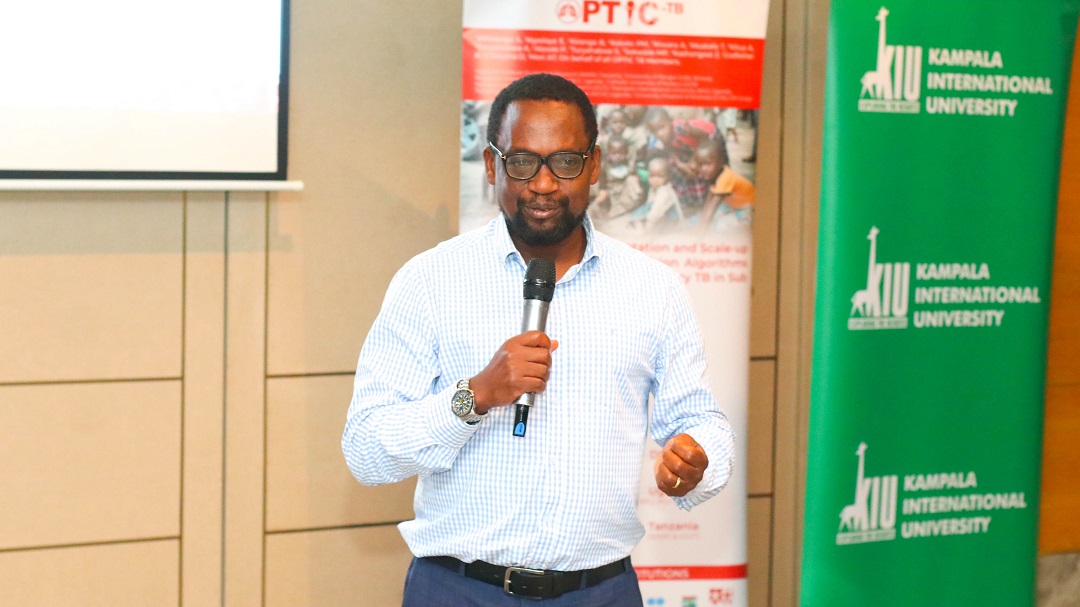
In his opening remarks, KIU Vice Chancellor Prof. Muhammed Ngoma expressed his deep gratitude to participants and funders for their tireless efforts and resources dedicated to driving the project forward. "Your collective efforts are crucial in addressing the pressing issue of childhood tuberculosis in sub-Saharan Africa," he emphasized. "As we strive to optimize treatment decision algorithms and improve diagnosis and treatment outcomes, I am confident that our collaboration will yield significant results and ultimately save lives."
Prof. Angwara Kiwara, Vice Chancellor of KIU Tanzania, echoed this sentiment, underscoring the critical link between TB and social conditions. "Since we have managed to put TB on the drawing board and identified that the biggest challenge lies in children and that TB is directly linked to the social conditions of the people, we shall advocate for better social conditions and trained medical staff."
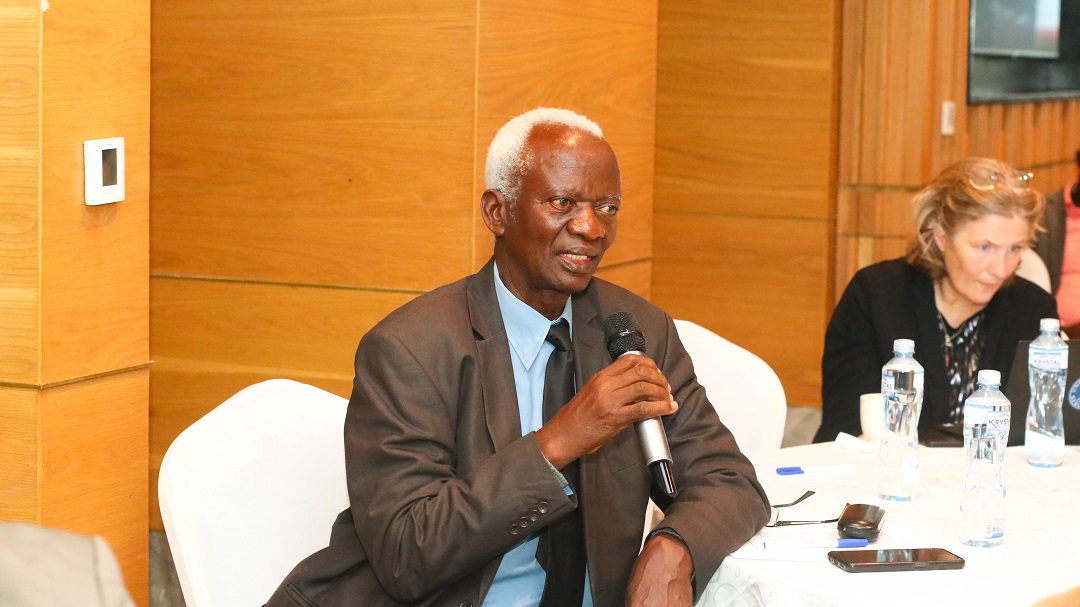
Dr. Mundu Mustafa, Deputy Vice Chancellor-Finance and Administration applauded all participants for gathering to address the pressing issue of tuberculosis. "Collaboration is the spark that ignites innovation. I applaud each and every one of you for coming together to tackle the complex challenges of tuberculosis through our OPTIC-TB initiative," he added.
The project lead, Prof. Bruce Kirenga, outlined the project's objectives, highlighting the need to enhance the capacity of healthcare workers through comprehensive training programs on TB diagnosis and treatment. Furthermore, the project will provide advanced training opportunities to PhD level candidates, fostering expertise in TB management through research.
Dr. Umi Omar Buni, Executive Director of Kampala International University Teaching Hospital, emphasized the importance of addressing the challenges in TB diagnosis, particularly in pediatric populations. "The diagnosis of TB in children is a complex process, and we must acknowledge the challenges we face in this area," Dr. Buni noted.
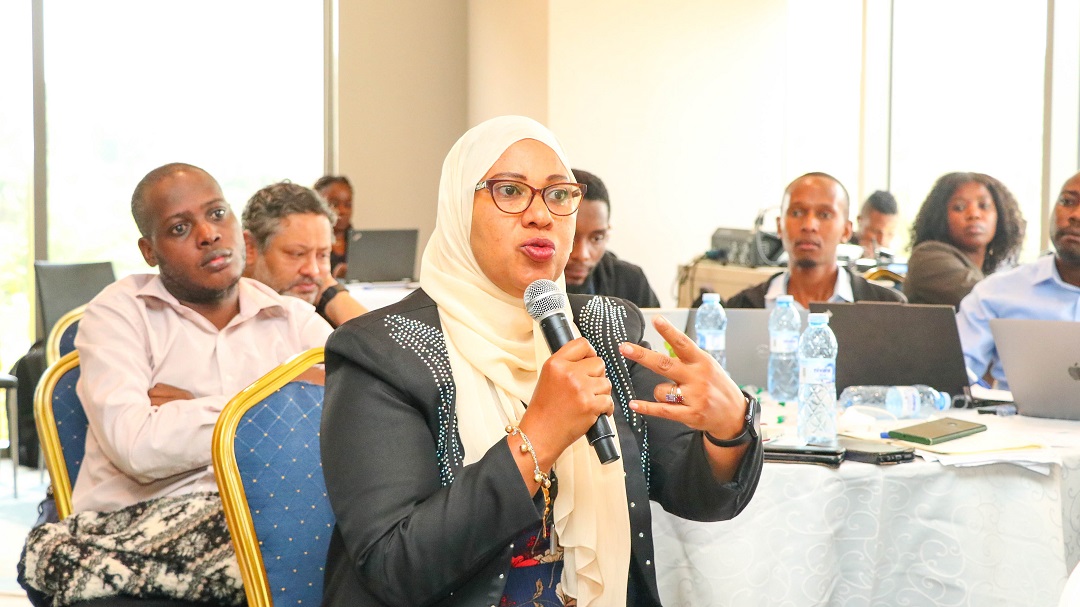
Dr. Buni highlighted the need for innovative solutions to overcome these challenges. "Through our participation in the OPTIC-TB project, we're working to develop innovative diagnostic algorithms, build research capacity, and foster collaboration among stakeholders. Together, we can improve health outcomes for children affected by TB."
As the meeting progressed, intense discussions and presentations by various institutions outlined plans and implementation strategies. PhD candidate presentations on OPTIC-TB-related research topics were also showcased, with Peter Mpamizo, a PhD student from KIU, delivering a notable presentation.
Representatives from KIU's Directorate of Grants and Partnerships, and the Directorate of Research, Innovation, Consultancy and Extension also attended the meeting, demonstrating the university's commitment to the project's success.

With the project poised to transition to the implementation phase, Prof. Andrew Kitua, Project Lead, emphasized the importance of leveraging existing data to inform the implementation process. "Given the data we have already, we can plan for the implementation process, make necessary changes, and determine what works and what does not."
As the two-day meeting drew to a close, the sense of purpose and collaboration among the partners was palpable. United in their quest to combat childhood TB, the OPTIC-TB project consortium remains committed to translating their collective efforts into meaningful outcomes, ultimately saving lives and improving the well-being of children across sub-Saharan Africa.



